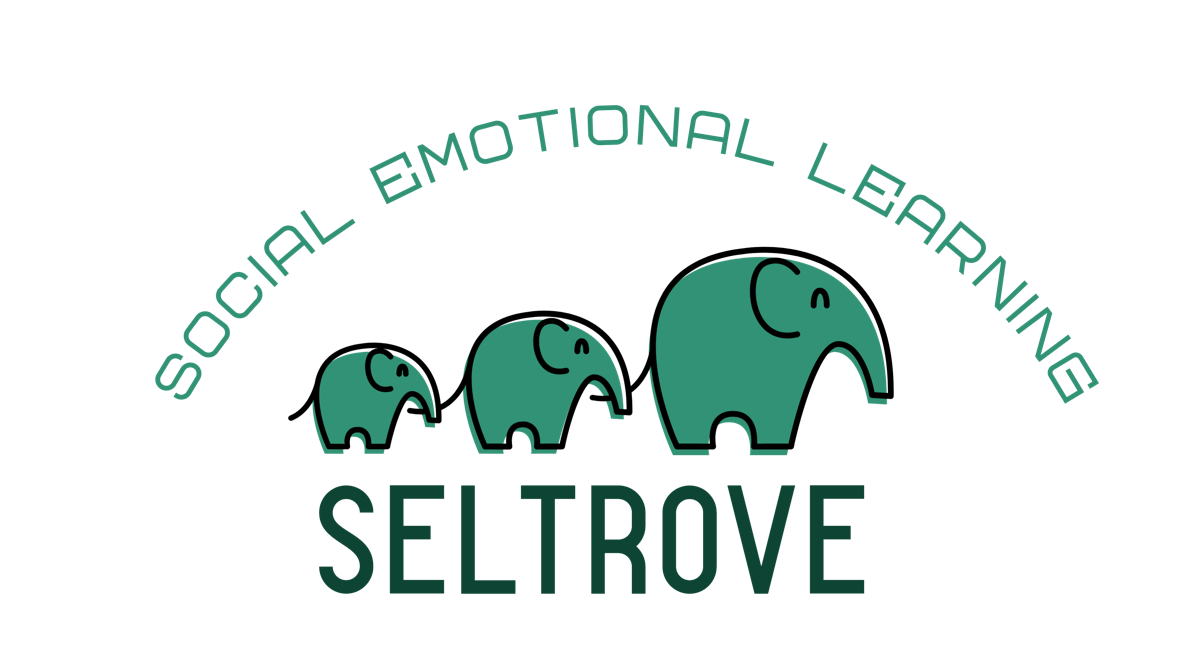1. Set SMART Goals
Goal-setting is a powerful tool for improving self-management. SMART goals (Specific, Measurable, Achievable, Relevant, Time-bound) help individuals stay focused and motivated.
How to Implement:
✅ Break long-term goals into smaller, manageable steps.
✅ Regularly review progress and adjust goals as needed.
✅ Celebrate achievements to maintain motivation.
2. Practice Mindfulness and Stress Management
Managing stress effectively is crucial for self-regulation and emotional balance. Mindfulness techniques help individuals stay present and reduce anxiety.
How to Implement:
🧘 Engage in daily deep-breathing exercises or meditation.
📝 Keep a gratitude journal to focus on positive experiences.
🚶 Take short breaks and incorporate physical activity into routines.
3. Develop Time Management Skills
Effective time management ensures tasks are completed efficiently and deadlines are met without unnecessary stress.
How to Implement:
⏳ Use planners or digital tools to organize schedules.
🎯 Prioritize tasks using the Eisenhower Matrix (urgent vs. important).
🔄 Implement the Pomodoro Technique (work in focused intervals with short breaks).
4. Build Emotional Regulation Techniques
Understanding and managing emotions helps prevent impulsive decisions and fosters healthy responses to challenges.
How to Implement:
💬 Encourage self-reflection through journaling or discussions.
🎭 Use role-playing exercises to practice managing emotions in different scenarios.
🚦 Teach the "Pause, Think, Act" method for responding thoughtfully to situations.
5. Foster a Growth Mindset
A growth mindset encourages perseverance, adaptability, and resilience in the face of setbacks.
How to Implement:
📚 Encourage students to view challenges as learning opportunities.
💡 Teach the power of "Yet" (e.g., "I haven't mastered this yet.").
👏 Recognize effort and persistence, not just success.
Conclusion
Strengthening self-management skills empowers individuals to take control of their emotions, time, and actions. By setting SMART goals, practicing mindfulness, managing time effectively, regulating emotions, and fostering a growth mindset, students and professionals can develop the discipline and resilience needed for success.
📌 Next Steps:
✅ Introduce self-management techniques in daily routines.
✅ Encourage regular self-reflection and goal tracking.
✅ Continuously practice and refine self-management skills.
💡 Looking for more SEL resources? Subscribe to our newsletter for additional strategies and insights!
